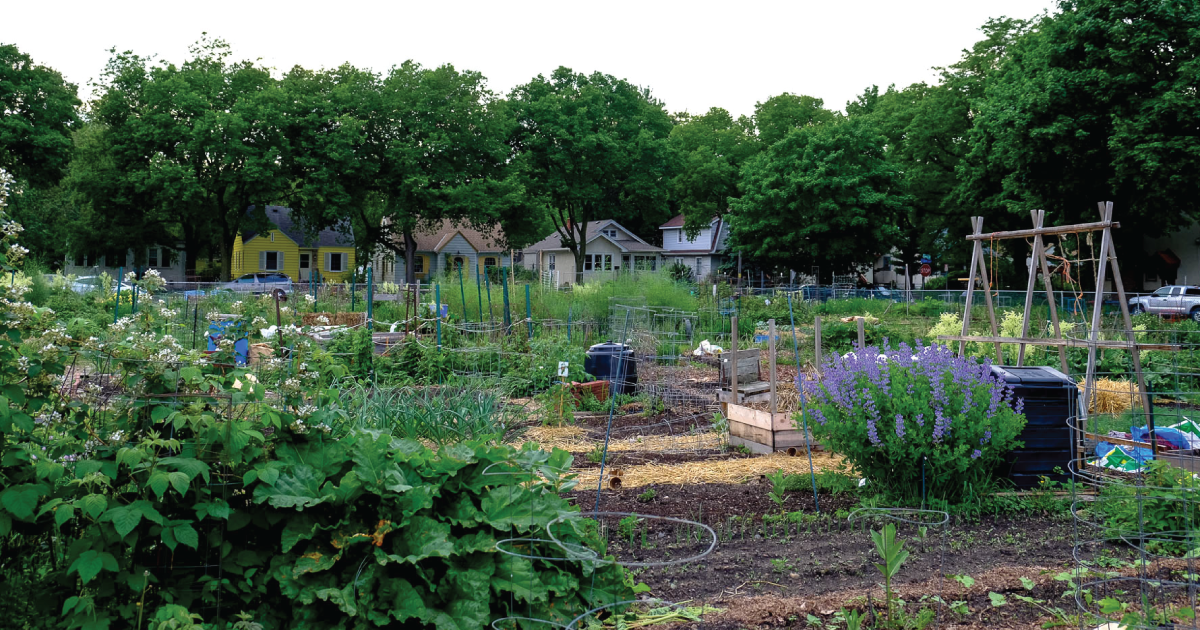
A New Push Is on in Chicago To Connect Urban Farmers With Institutional Buyers Like Schools and Hospitals
More local growers, a healthier population and climate change mitigation are what urban agriculture advocates and researchers envision for the future of Chicago’s food systems. “Large public institutions have huge spending power, and with their spending power around food, are really able to shift how food procurement happens,” said Ashton.
April 1, 2023 | Source: Inside Climate News | by Aydali Campa
More local growers, a healthier population and climate change mitigation are what urban agriculture advocates and researchers envision for the future of Chicago’s food systems.
Linking small producers and producers of color with public institutions like schools, hospitals and detention centers in the food supply chain can be a significant step in that direction because of the hundreds of thousands of people they serve, said Weslynne Ashton, associate professor of environmental management at the Illinois Institute of Technology.
“Large public institutions have huge spending power, and with their spending power around food, are really able to shift how food procurement happens,” said Ashton.
Now, Ashton is leading a study exploring how to bridge the gap between small producers and large institutional buyers like universities and hospitals. Ashton and a group of community organizations, civic partners and academic researchers in November were awarded a $50,000 grant by the National Science Foundation to advance equity, resilience and sustainability in Chicago’s food system.
